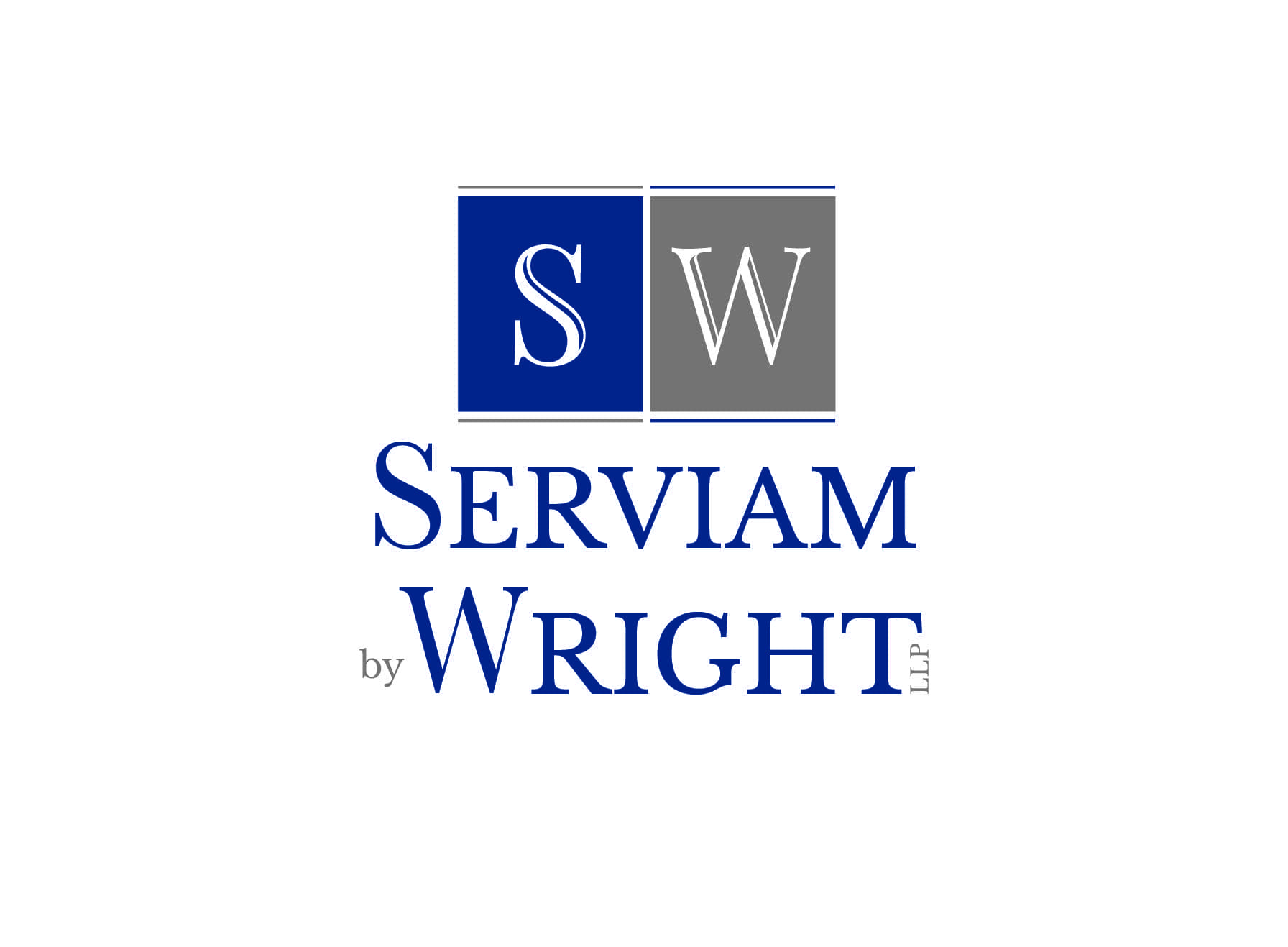As a law firm specializing in nuisance abatement and code enforcement, Silver & Wright LLP (“S&W”) partners with cities as experts in their field to assist in achieving their goals of public safety, reducing blight, and recovering their enforcement costs where permitted by law and desired by the city.
Recently, there have been articles circulating in opposition to the Norco v. Mugar case, claiming that private, specialized code enforcement law firms are robbing people of their money and potentially homes for profit.
Despite having no involvement in the Norco v. Mugar case, S&W has been brought up in these articles with reference to an Indio/Coachella case as a misleading example of law firms taking advantage of people and overcharging them. The references are not only false but provide an inaccurate depiction of the Indio/Coachella case as well as code enforcement litigation in general. The facts surrounding the Indio/Coachella case, which can be proven with certified court documents, are summarized below.
- While the cities entered into a settlement, both cities denied any wrongdoing and none of the convicted defendants have been paid anything out of the settlement.
- The relevant defendants were all convicted of a crime and were not charged nuisance abatement cost recovery by S&W despite false reporting to the contrary. S&W was always paid for its services only by the cities regardless of case outcome or the status of the cities’ cost recovery from the convicted violators. Pursuant to State law, the cities were authorized to seek recovery of the public funds that the public was forced to incur due to those convicted violators’ refusal to cooperate with the cities’ nuisance abatement efforts.
- S&W served as special legal counsel for the cities only with respect to municipal code enforcement and worked under the supervision of city officials.
- All cases were referred to S&W by the cities. S&W never “found” or sought out cases. The vast majority of code enforcement cases start with a complaint from a neighbor.
- Prior to going to court, violators are typically issued at least one warning or notice and have opportunities to correct the violation.
- The goal of code enforcement is compliance, not punishment.
- Of the hundreds of criminal nuisance abatement cases S&W assisted these cities with, cost recovery was sought in only about 9% of them.
- In approximately 91% of cases, the cities did not seek or obtain cost recovery.
- Cost recovery is available to the “prevailing party,” meaning a code defendant can seek their cost recovery if they win. “Prevailing party” cost recovery is not unique to code enforcement or nuisance abatement law–it is the standard in many laws and contracts.
- Of the 9% of cases where the cities requested their cost recovery, only some requests were granted, some were denied, and at least one defendant was awarded its own cost recovery.
- Cost recovery rulings are made by a third party or by agreement, and all are appealable. Only one defendant in the Indio/Coachella cases appealed.
- Silver & Wright LLP helped these cities seek and process their cost recovery, but never “pocketed” any of the cost recovery. Every penny of any cost recovery they received, went to the cities.
- Cost recovery was, and is, only sought when requested by the cities.
- While some papers misportrayed cost recovery invoices as coming from S&W, it is clear from actually looking at the notices that they were from the cities (signed by the cities and on their letterhead).
- The “Institute for Justice,” a political special interest group, has manufactured the false claims against S&W, as well as the law firm that worked on the Norco v. Mugar case, and numerous other cities around the Country.
- The “Institute for Justice” never contacted S&W before filing their lawsuit or publishing their false articles in order to learn the truth or seek resolution.
- The “Institute for Justice” has filed lawsuits and mounted misinformation campaigns all over the Country in an effort to prevent enforcement of health and safety laws against landlords at the expense of victimized tenants and communities.
- Two of the three claims in the “Institute for Justice’s” case have been dismissed. The cities only settled their last claim in order to avoid further unnecessary litigation cost despite the law being in the cities’ favor. Those cities denied any wrongdoing, and S&W was not a party to the settlements, because the plaintiffs were wrong.
- The settlements did not set aside the violators’ convictions and those plaintiffs never even claimed they were innocent because they were not.
The end goal of code enforcement and the use of health and safety receiverships is always the safety of the community and rehabilitation of blighted dangerous properties and housing. In all of our cases, the property owner is given multiple notices asking them to bring the property into compliance. When those notices continue to be ignored, a city has no other option but to legally demand that the property owner fixes the issues at hand. That process involves a neutral judge, numerous rights of appeal, hearings, and close judicial scrutiny.
The ability of cities to hire firms such as S&W means they are better able to enforce important laws that keep properties hazard-free and residents safe, while also ensuring the agency itself is complying with the law. It’s also important that, should a city need to hire legal counsel to assist in gaining compliance from a code violator, they be able to seek reimbursement for the costs, where authorized by law and desired by the city, so the burden does not fall entirely on taxpayers.
Partner Rene Farjeat
Related Articles
Court of Appeals Upholds Rights of Cities to Seek Specialized Counsel
Silver & Wright LLP Responds to Mariposa Gazette Article
Boutique Firms: Why Specialized Code Enforcement Firms Are a City’s Best Friend

